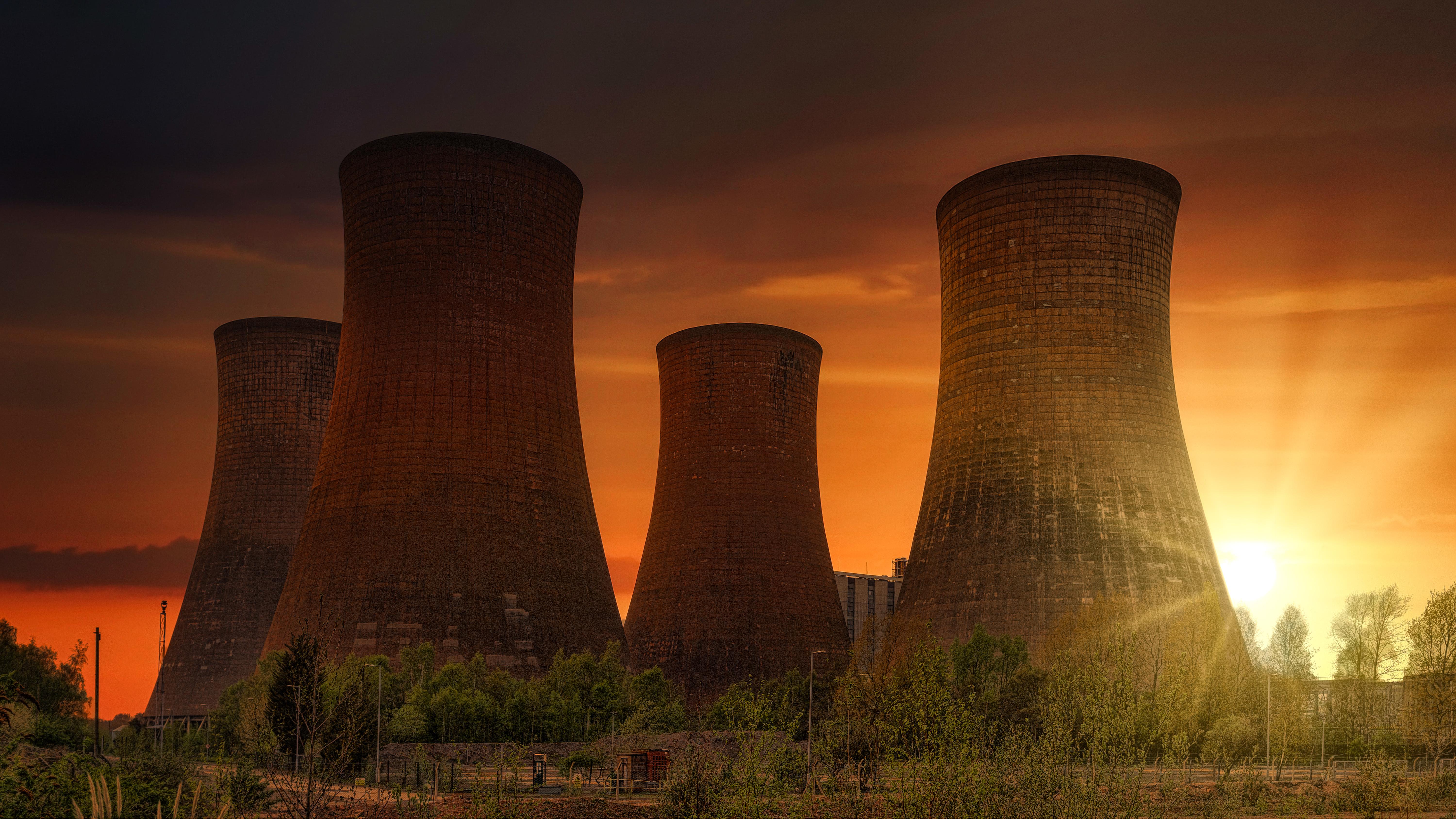Talks about nuclear energy often revolve around science or reactors, but beneath that is a far more complex story—one about how access to nuclear power is changing the way countries relate to one another. Today, it’s not just about keeping the power grid stable. Nations are using nuclear energy as a lever to forge alliances, guard their independence, and strengthen their hand on the world stage.
More Than Just Fuel
When a country invests in nuclear power, it’s not making a short-term choice. It’s entering a decades-long relationship—often with the country that supplies the tech, the fuel, or the know-how. This naturally creates partnerships that go beyond energy.
Russia, for example, continues to build reactors in nations like Egypt and Turkey through its state company Rosatom. These deals aren’t just about electricity. They involve long-term service contracts, staff training, and political ties that are hard to unwind. Even when relations sour, it’s not easy to walk away from such a deep entanglement.
Europe’s Balancing Act
Nowhere is this more visible than in Europe. After Germany decided to shut down its reactors post-Fukushima, it leaned heavily on imported gas. But when tensions with Russia flared, especially after the Ukraine conflict, this dependence turned into a headache.
Meanwhile, France took a different route. With one of the most advanced nuclear programs in the world, it became a key supplier of electricity to its neighbors. That technical edge also gave France more sway within the European Union, especially during energy crises.
Other countries, like Poland and the Czech Republic, are now warming up to nuclear energy—not just because it’s steady, but because it lessens their reliance on others. In a world where energy can be used as a bargaining chip, self-reliance has never been more valuable.
A Look at Asia
Over in Asia, the race is heating up. China is pouring billions into nuclear power, building dozens of plants and developing its own technology. It’s not just to meet demand—China aims to become a global provider of nuclear solutions.
India is moving at a different pace but with clear intent. With a growing population and rising demand, it can’t afford power shortages. Nuclear plants are being looked at as a way to reduce its reliance on imported fossil fuels. At the same time, India is forming tighter bonds with countries like the U.S. and France to develop small, flexible reactors.
Japan’s situation is more delicate. Memories of Fukushima still linger, but recent challenges in fuel supply have pushed the government to reconsider nuclear as a serious part of its future plans.
Not Just Science—It’s Strategy
Today’s nuclear deals are wrapped in diplomacy. Exporters like the U.S., Russia, and France don’t just sell technology—they offer training, support, and a seat at their political table. For countries in Africa and Southeast Asia, these offers come with both opportunity and caution. Signing a deal could mean choosing a side.
Small Modular Reactors (SMRs) are also changing the picture. Unlike traditional reactors, these are smaller and can be built faster. That makes nuclear a realistic option for smaller nations or those with limited budgets. It’s opening new markets and, with them, new political friendships.
National Strength Starts with Energy
It’s not an exaggeration to say that energy independence is becoming the backbone of national strength. A country that can manage its own power doesn’t have to worry about global fuel prices or unstable trade partners. Nuclear energy, once up and running, delivers consistent output for decades. That kind of reliability is hard to ignore.
That’s why even countries with access to oil or gas are exploring nuclear. They want options. They want freedom. And most of all, they want to stop being at the mercy of foreign suppliers.
Learning for the Long Haul
Nuclear energy isn’t plug-and-play. It needs skilled people who understand the tech, safety rules, and engineering behind it. As more countries step into the nuclear space, they’re investing heavily in education.
Many students looking to build careers in this field are enrolling in the best private engineering colleges in India, where programs in nuclear science and reactor design are gaining popularity. These institutions are preparing the next wave of professionals who will run—and perhaps someday lead—nuclear projects across the globe.
Energy has always been political. But nuclear power brings a new kind of influence—quiet, long-term, and deeply rooted. Whether for heat, electricity, or leverage at the negotiation table, nuclear energy is no longer just about splitting atoms. It’s about connecting nations, shaping futures, and building resilience in a rapidly shifting world.



